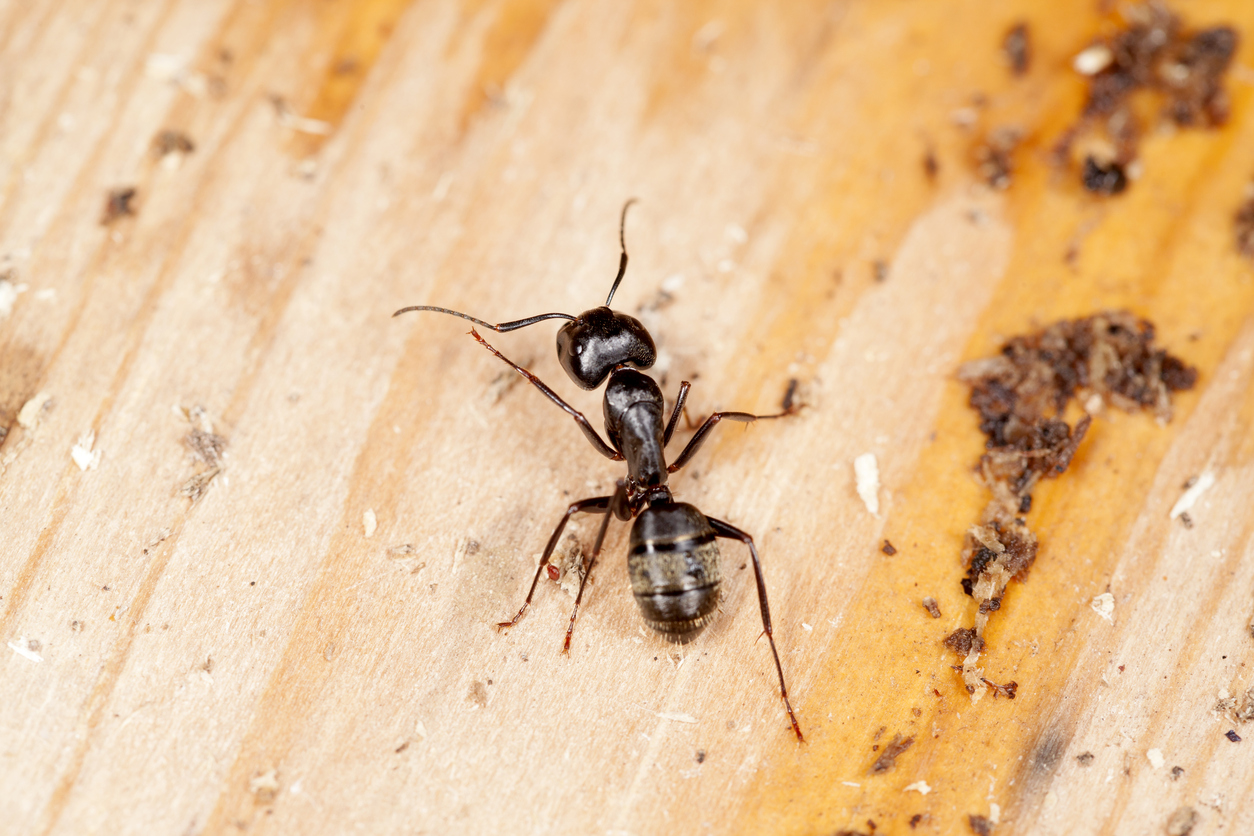Ants in your rental: Responsibility and treatment
Ant control is not always as simple as it seems. They’re small and come in large numbers which can make controlling them an ongoing battle. Here’s how to handle your next ant infestation.
Know your enemy
There are more than 1,000 known species of ants in Australia but relatively few that are seen as common household pests. These might include the Argentine ant, black house ant, bull ant, carpenter ant, coastal brown ant, flying ants, fire ants, garden ant, ghost ant, sugar ant and white-footed house ant.
You might have an ant problem if…
You spot large numbers of live ants where you live. If you spot ants around your kitchen or in areas you prepare food, you will need to act on it fast. You might also see ant pathways in and out of your home – another red flag. Finally, look out for ant nests. Nest sites can look like a small pile of dirt.
Steps to take against ants
Ants can be a nuisance when they get into your home. Track down where they’re coming in and seal off the entry point. If there’s any sticky residue on your bench tops, clear it up – ants are attracted to sweet things. DIY products you can buy from the supermarket may help you to get rid of small infestations. If you’re facing a larger problem you should get the experts to deal with it.
Are landlords or tenants responsible for ants?
As soon as you realise you have a pest problem, advise your landlord or the real estate agency immediately. Landlords can arrange a pest controller to provide an obligation-free quote on what should be done to fix the problem. Most of the time, you (the tenant) are responsible for the eradication of pests (like ants) in a rental property IF the infestation occurs after you move into that property. If you’ve been living in your rental for several months and an ant infestation takes place, you will need to pay for the service.
If you can show that the property owner was in breach of the tenancy agreement (for example, by not offering the property in a clean and safe condition) and this breach caused the infestation, you may not be held responsible for eradication.
As always, check the tenancy legislation for your particular state/territory legislation and the fine print on your lease agreement that you have with the landlord/agent.
Originally published by rent.com.au




